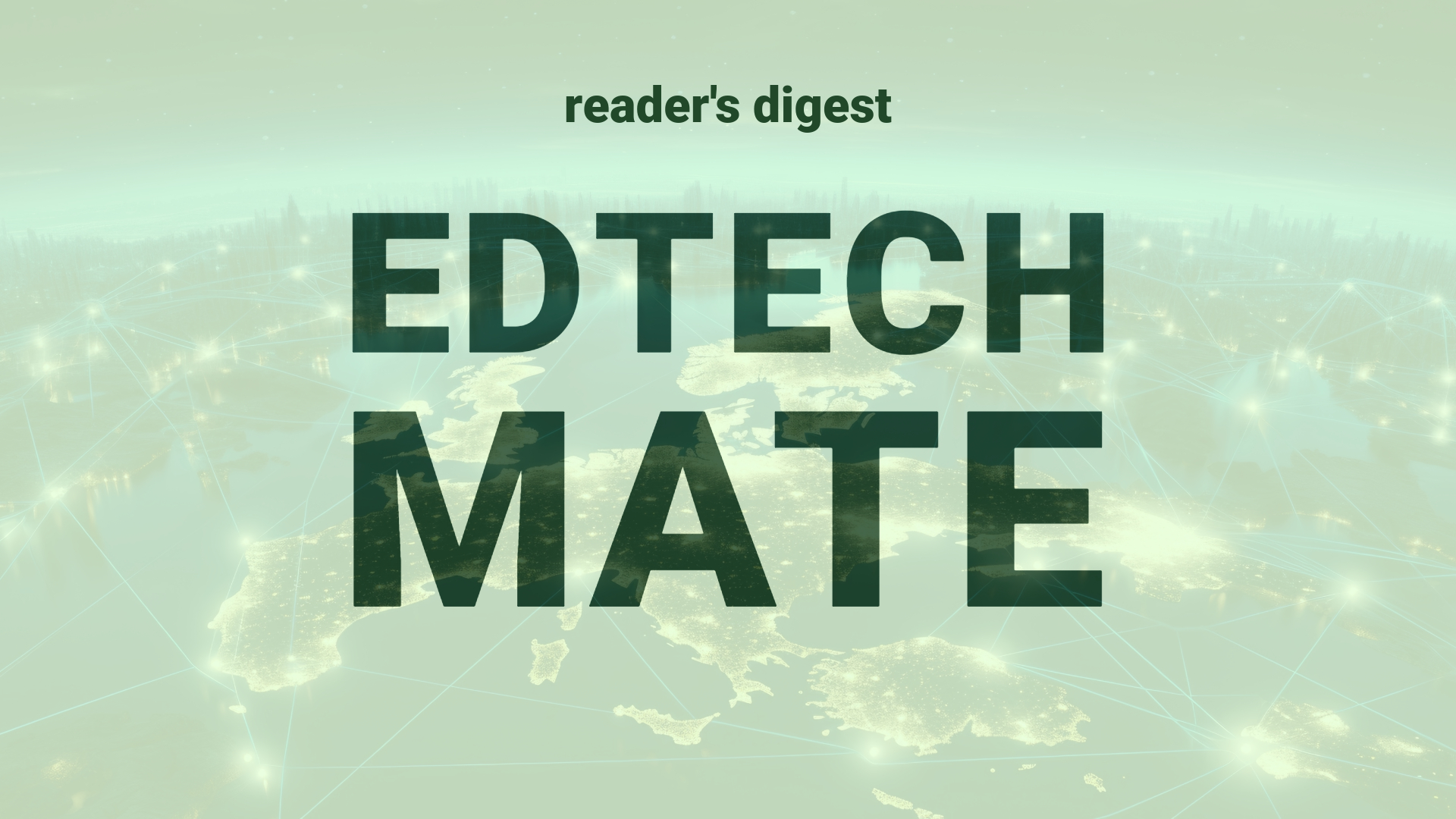“`html
Executive Summary and Main Points
The higher education sector is characterized by the intensifying challenges and unexpected hurdles faced by PhD students. Key innovations and trends relevant to international education and digital transformation have emerged to address these issues – such as enhancing support structures, leveraging AI for research efficiency, and redefining the metrics of success beyond traditional publication avenues.
Potential Impact in the Education Sector
These developments can pivot the trajectory for Further Education, Higher Education, and Micro-credentials. Entire academic support models could be reshaped to prioritize student autonomy and resilience, encouraging strategic partnerships between institutions for a more interconnected and diverse research community. Digitalization can streamline processes from hypothesis testing to data analysis, thereby refining the PhD journey.
Potential Applicability in the Education Sector
AI and digital tools can simulate nuanced academic environments, guide research methodologies, and facilitate the personal growth of students, all tailored for the global education landscape. Digital repositories and collaborative platforms could bridge the isolation PhD students often encounter, while AI-enabled research assistants can mitigate obstacles, fostering greater achievement and enhanced communication.
Criticism and Potential Shortfalls
Notwithstanding the potential benefits, reliance on digital tools and AI may evoke ethical concerns about the authenticity of research. There is a danger of homogenizing the PhD experience, ignoring the cultural and subject-specific nuances vital to diverse academic pursuits. Comparative international case studies expose the gap in technology adoption and underscore the need for a cautious, culturally aware approach to innovation in academia.
Actionable Recommendations
To embrace these technologies, international education leaders should encourage the development of holistic support systems encompassing digital tools that enhance, rather than replace, the human element of supervision. A strategic exploration of mentorship programs across institutions can offer PhD students the necessary guidance, and inclusion of AI in curricula can prepare students for the evolving landscape of higher education research.“`

